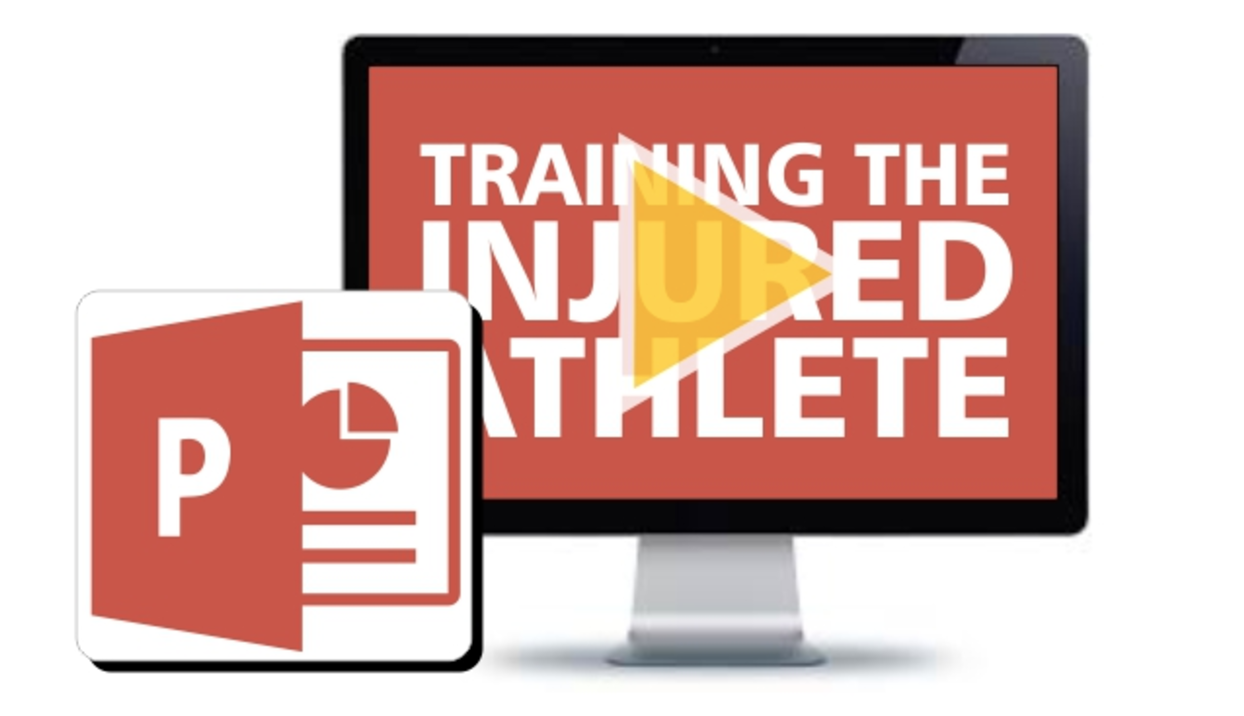Signs of Overtraining
By Patrick Beith, CSCS, PES, USATF II

Hard workouts = lean body; this equation is one most athletes depend on. But does one always equal the other? Unfortunately the answer is no. In fact, chronic over-training can signal the storage of fat. It not only can be telling your body to store fat, but it can also be storing the fat at your waist-line.
Physical training is a form of stress that is applied onto the body. During stress, your body releases a hormone called cortisol (a glucocorticoid from the adrenal gland). Cortisol's primary function is to release glucose (insulin) into the blood at times of acute stress. So, the more stress you place on your body, the more cortisol is released.
Chronic stress (overtraining) results in an excess of cortisol, which will cause higher baseline cortisol levels. This excess keeps the body with high insulin levels, which blocks fat metabolism, and sends fat into storage at the waist. Excess cortisol also breaks down muscle tissue, and suppresses immune defenses, which is the opposite effect the athlete is looking for (getting fat, weak and sick is not really ideal).
Cortisol levels rise with exercise but should decrease to a normal range with adequate recovery. Often, the problem is that today's high school and college athletes aren't getting the proper recovery time. It could mean they have a program that isn't allowing them the proper amount of recovery and restoration periods. But assuming the coach is doing his/her job, there are other factors that can influence athlete stress levels. Stress from schoolwork, a job, relationships, lack of sleep, and inadequate nutrition can add to the stress of intense training that the athlete goes through each day. If you are training hard and cannot seem to get rid of that little extra fat around your tummy, the chances that your cortisol levels are elevated are extremely high.
Here are some signs of over-training:
- insomnia
- decrease in appetite
- decrease in performance
- loss of coordination
- prolonged recovery
- amenorrhea
- increase in muscle soreness
- loss of body weight
- elevated heart rate
- chronic fatigue
- decreased motivation
- decreases immune system (increase in infections, colds, etc…)
Recommended Athletes' Acceleration
Products
—————————————————————————–




0 Comments for “Signs of Overtraining”